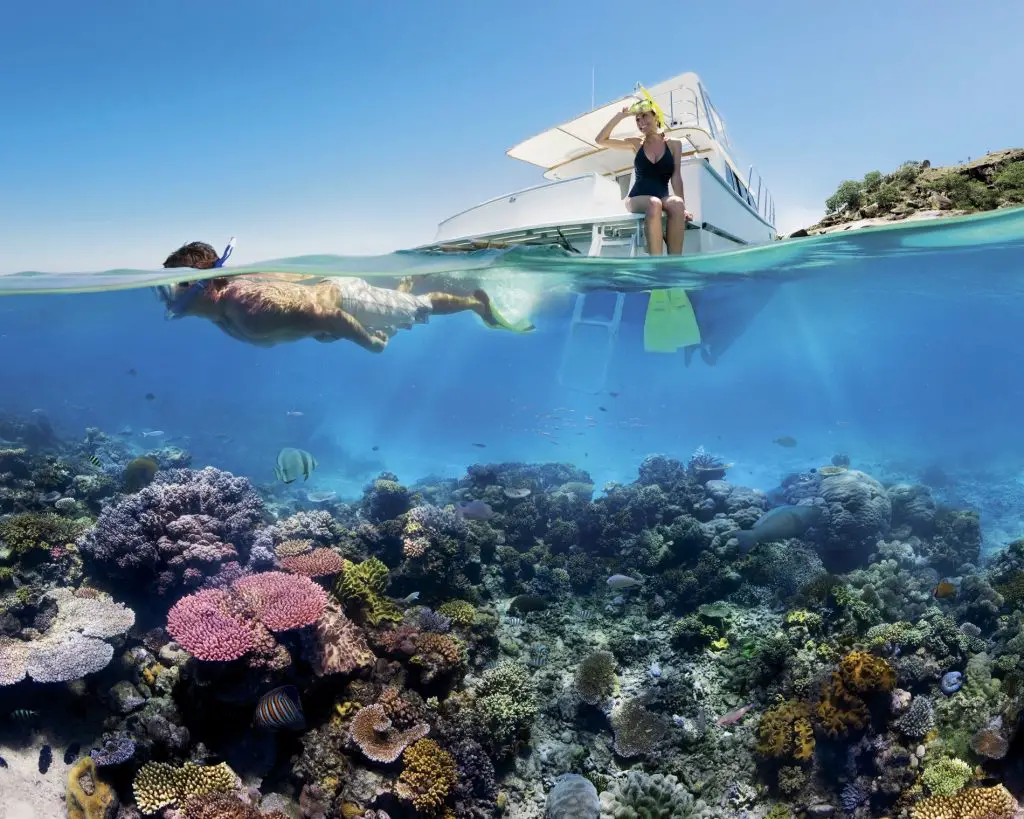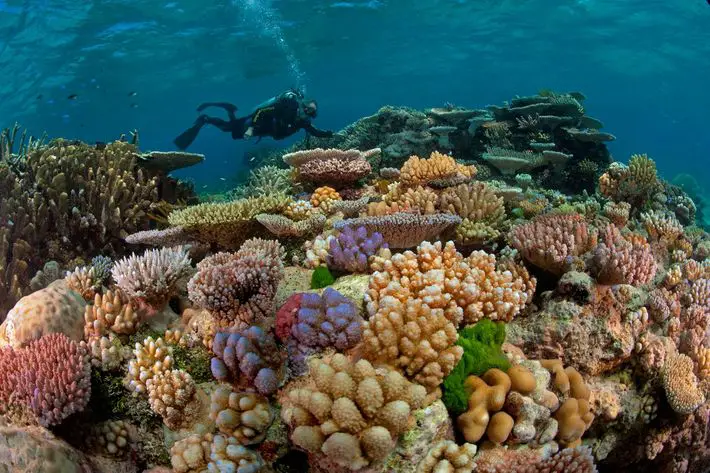Anyone who wants to enjoy the nice weather should wear sun protection. Quality sunscreen is usually best in these situations. Those who buy SPF from a trusted source and use it regularly during the hotter months are more likely to protect their skin from the sun’s harsh rays, keeping it healthier and younger. However, sunscreens vary, so it’s crucial to take the time to choose the right one.
These lotions can sometimes be intended to benefit humans without considering the environment, thus they must be reef safe. Neutrogena is a good choice for many people because of that.
Why is it important to pick reef-safe SPF?
The human race has developed so much over time; from understanding that being in the sun for too long can damage our skin, to finding ways to combat this so we can still enjoy our time outdoors without the risks. There are so many benefits to using protection, even outside of just safeguarding individuals from sunburn.
But this isn’t all that we have learned. Certain chemicals that are found in some SPF products are not only harmful to our own health, but also to coral reefs. These include octinoxate and oxybenzone, with the latter being an excellent example of a chemical that everyone should steer clear of when buying their chosen brand.
The harmful chemicals in ordinary SPF
A number of sunscreens have a host of chemicals that aren’t very safe for coral life, which is exactly why reef-safe (also commonly known as mineral) sun protection is often best.
As mentioned above, oxybenzone in particular should be avoided at all costs, due to how detrimental it can be to reef-life. It has been scientifically proven that this chemical alone can cause coral bleaching, and can make it more difficult for the reef to heal and recover from existing damage. Even a small amount could severely harm or even kill coral, simply because of how it can impact the DNA of both larval and mature species. To add to an already long list of negative reasonings, it also disrupts coral reproduction, too.
Some of the other dangerous chemicals to look out for include:
- 4MBC (4-methylbenzylidene camphor) – Much like oxybenzone, 4MBC has been proven to cause coral bleaching and isn’t allowed in either the US or Japan
- Butylparaben – This preservative is another chemical that’s been shown to cause coral bleaching, and like the rest, should be avoided to help preserve reef life
- Octinoxate – Another common sunscreen ingredient that can harm reefs, also causing coral bleaching
Studies suggest that these chemicals are harmful at extremely low concentrations, even with as little as one drop in the amount of water it takes to fill more than 6 Olympic-sized swimming pools being detrimental. The bad news is that even one person wearing non-mineral sunscreen in water can have a noticeable impact.
Aside from being generally better to purchase SPF that doesn’t contain these chemicals for our own health and safety, it’s also important to make sure that we protect the earth regardless of what we’re doing.

Is Neutrogena a safe choice?
With all this in mind, it’s often a wise idea to go with something far safer when searching for good sunscreen – and there’s a reason why so many individuals opt to use Neutrogena. While there are some products by them that are not ideal for swimming in the sea and seeing the beautiful coral, there are also several that have been formulated to be reef safe.
An excellent example of this is Neutrogena’s Sheer Zinc Dry-Touch Sunscreen Broad Spectrum SPF 30, which is one of the company’s most popular options. While some mineral sunscreens do actually contain some harmful chemicals, a look at the ingredients within this particular brand will show that there is neither oxybenzone nor octinoxate. Not only is this a great option overall, but it’s also one of the best reef-safe sunscreens available on the market, which certainly makes it more appealing to anyone who’s looking to buy a dedicated, trustworthy product that’s affordable and environmentally sound.

In some places, it’s a necessity to have reef-safe sun protection
Some individuals may not care about the damage they may be doing to the water with dangerous lotion, but there are even more reasons why a mineral sunscreen is ideal.
Outside of wanting to protect marine life or just swimming and snorkeling with tropical fish on vacation, it’s important to consider that some countries don’t want tourists to damage their waters.
Hawaii banned the sale of these dangerous items initially, and other states have followed suit to safeguard coral reefs.
Keep yourself and the environment safe
When it comes to vacations in any part of the world, although particularly in areas where there are beautiful coral reefs to explore, it’s well worth looking for reef-friendly products. There are a number of activities that involve being underwater, from snorkeling to diving, and this is why it’s so vital that more people understand the harmful consequences that come with using most chemical sunscreens.
Neutrogena is an established, trusted brand that works tirelessly to cater to a range of consumers while keeping in mind environmental needs via product research and implementation. This means that when looking for good quality mineral sun protector, it can often be a good idea to buy from them.
